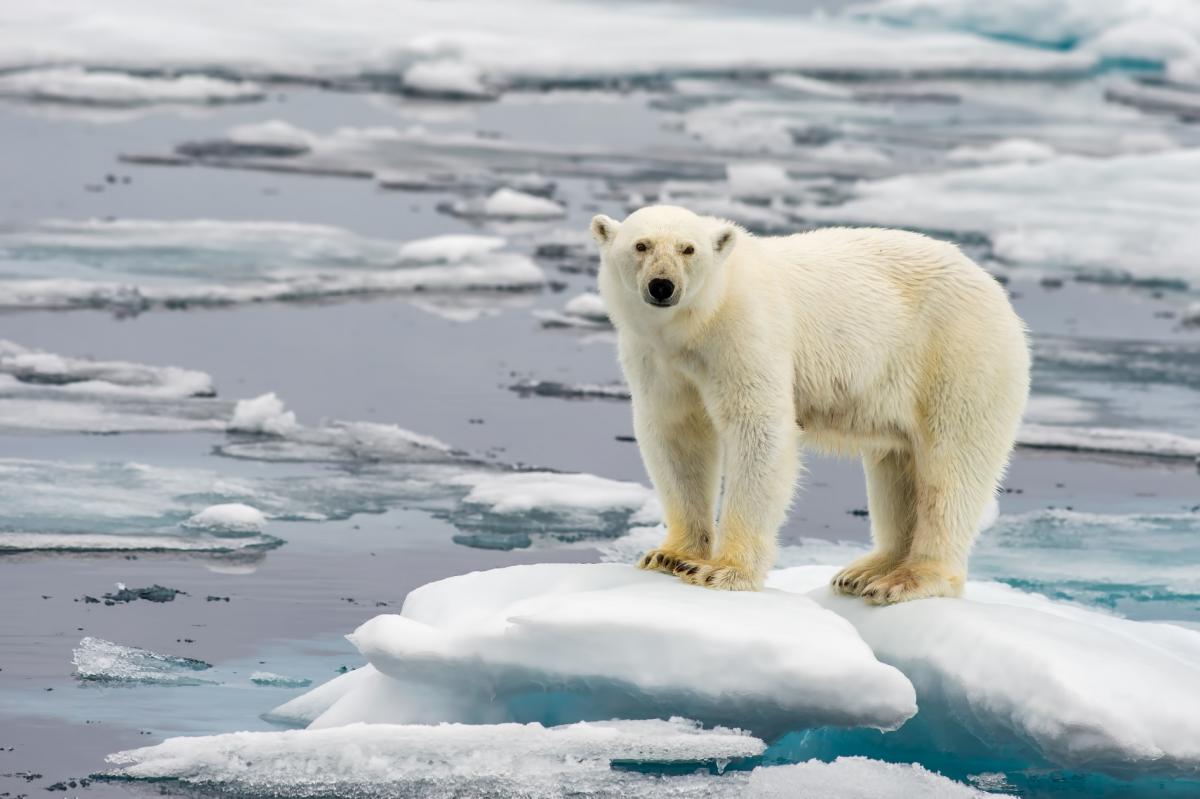John Elkington of Volans warns that the world is finally waking up to the existential crisis we face – and the sustainability industry is going to have to scramble to provide solutions
Anyone who lives in an area of the world with turbulent weather conditions quickly learns not to invest too much faith in weather forecasters. Likewise, anyone living at a time of massive disruptions in technology, macroeconomics and geopolitics would be wise to treat future forecasts with equal scepticism.
That said, here’s my forecast for 2019, albeit with a twist to enhance its accuracy.
On the personal front, if I make it to late June I am due to turn 70. And that means that I will have spent just shy of the standard three-score-and-ten years in what scientists increasingly dub the Anthropocene epoch, dated back to 1950.
This is the first period in Earth’s history where a single species has impacts on the scale of geological forces
This is the first period in Earth’s history where a single species, our own, has planetary impacts on the scale of geological forces. By far the best explanation of all of this appeared in The Economist back in 2011. Google “welcome to the Anthropocene”, but expect the content to be behind a paywall.
The evidence is all about us, for those with the eyes to see. And the insurers and reinsurers are getting ever-more concerned about the insurability of risks that they once took for granted.

Whether it is plastics in the world ocean or apocalyptic fires across California, we are moving into what some have called the “age of consequences”. So, for example, I attended the launch of the WWF 2018 Living Planet Index recently – and the scale of the so-called “sixth great extinction” beggars belief.
Some have argued that it was unfair of Extinction Rebellion, the mayhem-minded network dedicated to waking humanity up to the nature and scale of our climate challenge, to pick on the United Kingdom, which is towards the front of the pack in terms of its climate policies. But the shutting down of five bridges across the Thames in November 2018 was an early warning signal of impending disruption among NGOs and wider civil society.
And then came the even bigger impacts of France’s Gilets jaunes, which ended up putting a multi-billion-euro dent in the country’s economy.
I expect the Anthropocene to dig in its claws much deeper as we move into the 2020s
Is this a hint that civil society will become a good deal less civil on some of the defining challenges of the Anthropocene?
I think so. In fact, I expect the Anthropocene to dig in its claws much deeper as we move into the 2020s, with growing turbulence in weather systems worldwide. At the same time, I also expect increasing turbulence in our political and economic systems. Far from ending, history seems to be going into overdrive.
Indeed, I would argue that we have entered one of those periodic U-bends in human history, where an old order comes apart while new ones struggle to find their feet.

Of course, you can tilt your head and see the upsides. In 2017, for example, Al Gore’s Generation Foundation concluded that “The sustainability revolution appears to have the scale of the industrial revolution and the agricultural revolution – and the speed of the information revolution”.
And the Business & Sustainable Development Commission, in whose work we were actively involved, said that delivering the UN Sustainable Development Goals could result in markets worth at least $12trn a year by 2030, with 380 million jobs likely to be created, too.
But now for that twist in the forecast. They say that the best way to predict the future is to create it. In terms of what my organisation, Volans, is planning to do in the next 12-18 months, let me highlight three areas of rapidly growing effort across our small team, which is based in London and New York.
If there is one industry that needs disruption more than any other, it is the sustainability industry
First, we have launched the first-ever “product recall” of a management concept, the triple bottom line. The launch article in the Harvard Business Review caused something of a firestorm, though the feedback was overwhelmingly positive.
When I coined triple bottom line back in 1994, I wasn’t just thinking of accounting and reporting, but of system change. The second bit got lost along the way, so in our Tomorrow’s Capitalism Inquiry, which we launched in 2018 with support from leading businesses like Aviva Investors, Covestro and Unilever, we are taking a clear-eyed look at what comes next for business.
To get a sense of the feedback received, take a look at this GreenBiz column – and for a description of what it is like to design a product recall process for a management concept, take a look here.

The underlying principle of this work is that if there is one industry in this world of ours that needs disruption more than any other, it is the sustainability industry. And I say that as one of the founding fathers (or perhaps I should say parents) of the movement and linked services sector.
My instinct is that we are going to see parts of the world waking up to our existential crisis in very short order – and the sustainability industry is going to have to scramble to provide solutions.
In the same spirit, we are also working on what some call the “new carbon economy”. Our focus is on the ways in which tomorrow’s businesses will not only cut down on their use of fossil fuels but also on how carbon can be drawn down from the atmosphere – and held within closed-loop industrial and agricultural cycles. For more on that, I recommend a white paper prepared by two of my colleagues, Richard Roberts and Lorraine Smith, called Our Carbon Future.
Capitalism now faces an existential challenge
At the same time, I have been burrowing into the world of artificial intelligence (AI). Partly because it worries me, but also partly because I suspect that, used in the right way, it can help us make sense of, and solve, some of the increasingly “wicked” problems that our world faces.
The accelerating confluence between capitalism and artificial intelligence is now make-or-break because a growing number of the challenges we face are literally insoluble using the unadorned human brain – however many of them we manage to recruit and deploy.
The real question is not whether tomorrow’s capitalism will use artificial intelligence to try to save the world, but whether it will do so at the necessary pace and scale — and in ways that do not create a new wave of problems.

For capitalism now faces an existential challenge. Smart business leaders increasingly suspect that twentieth-century market mindsets, technology and business models have exploited people and planet to the point where our economies – and our species – have been backed into some sort of evolutionary corner.
They sense that if we continue with business-as-usual approaches we risk collapsing parts of the biosphere and, with it, our civilization.
Challenged, some argue that finding solutions is way beyond their pay grades, inflated though those often are. Existential challenges are best left to politicians, they insist. But, others muse, what if politicians are not up to the task?
It’s time we came together to co-evolve an action plan and investment programme to turn the SDGs into realities
They aren’t, sadly, and my prediction for the next few years is that they won’t be. They’ll be too distracted by things like populism, nationalism, trade wars turning into something nastier, the unravelling of the European Union, and deglobalisation. And what solutions does our sustainability industry have to those problems?
It’s time we came together to co-evolve not just a wish-list, as we now have in the UN Sustainable Development Goals, but an action plan and investment programme to turn goals into on-the-ground realities.
That’s my 2019 in a nutshell. How’s yours looking? Let me know at john@volans.com.

John Elkington has been described as the “godfather of sustainability”. He has co-founded four companies, including Volans Ventures, where he is chairman and chief pollinator. He is the author of 19 books and has served as a member of over 70 boards and advisory boards.


